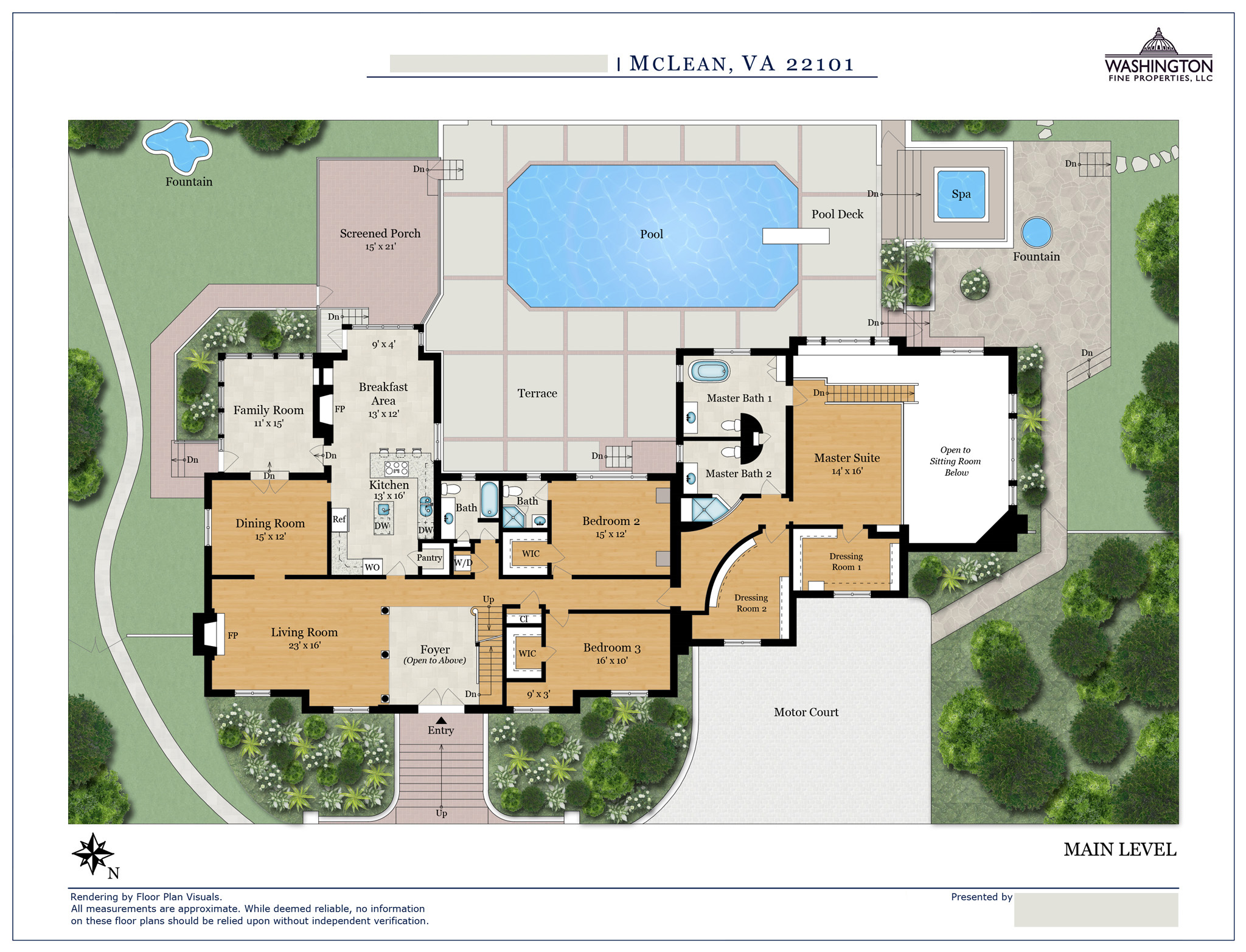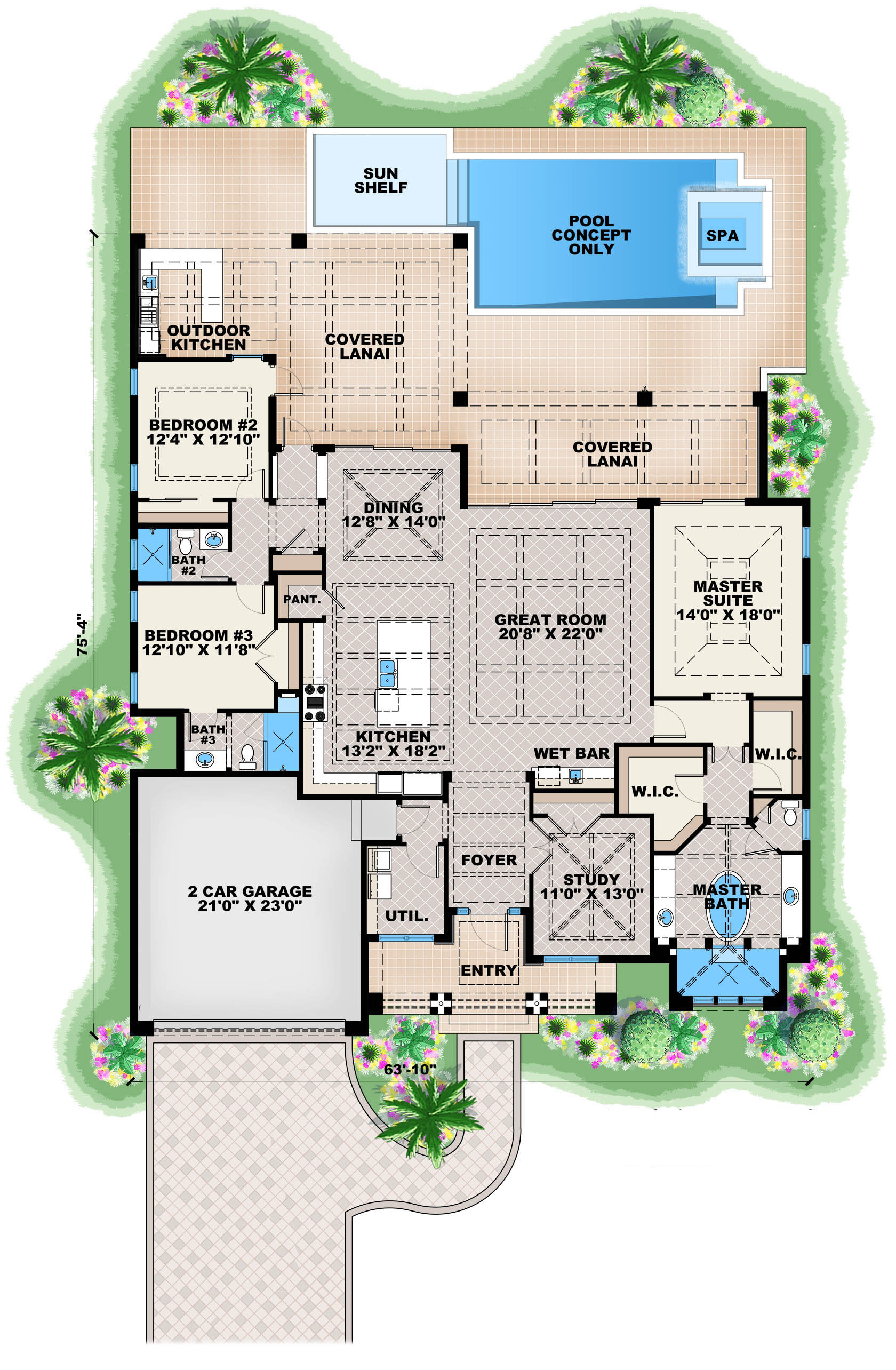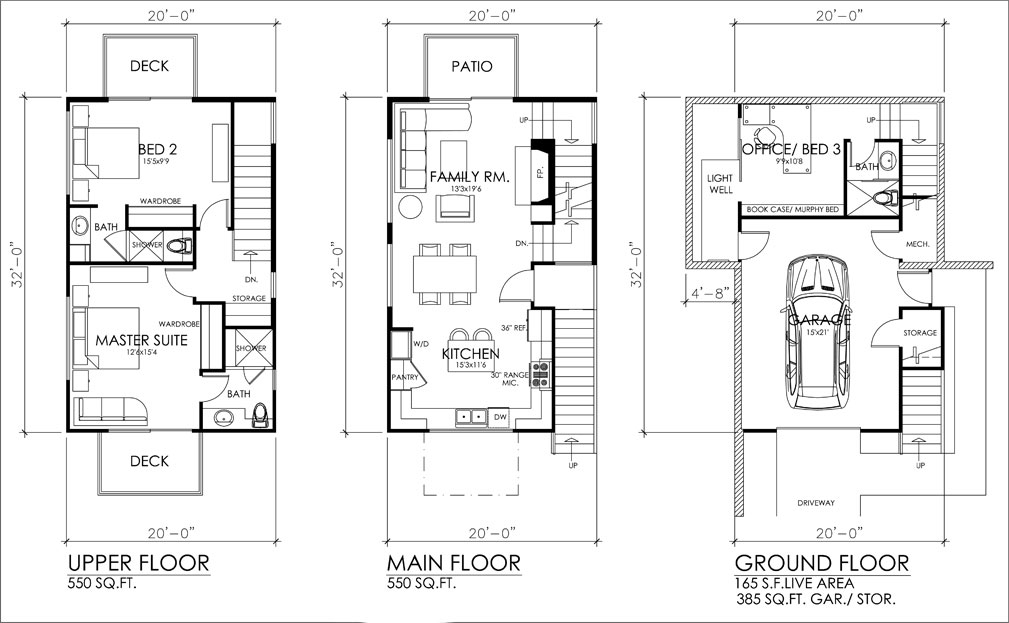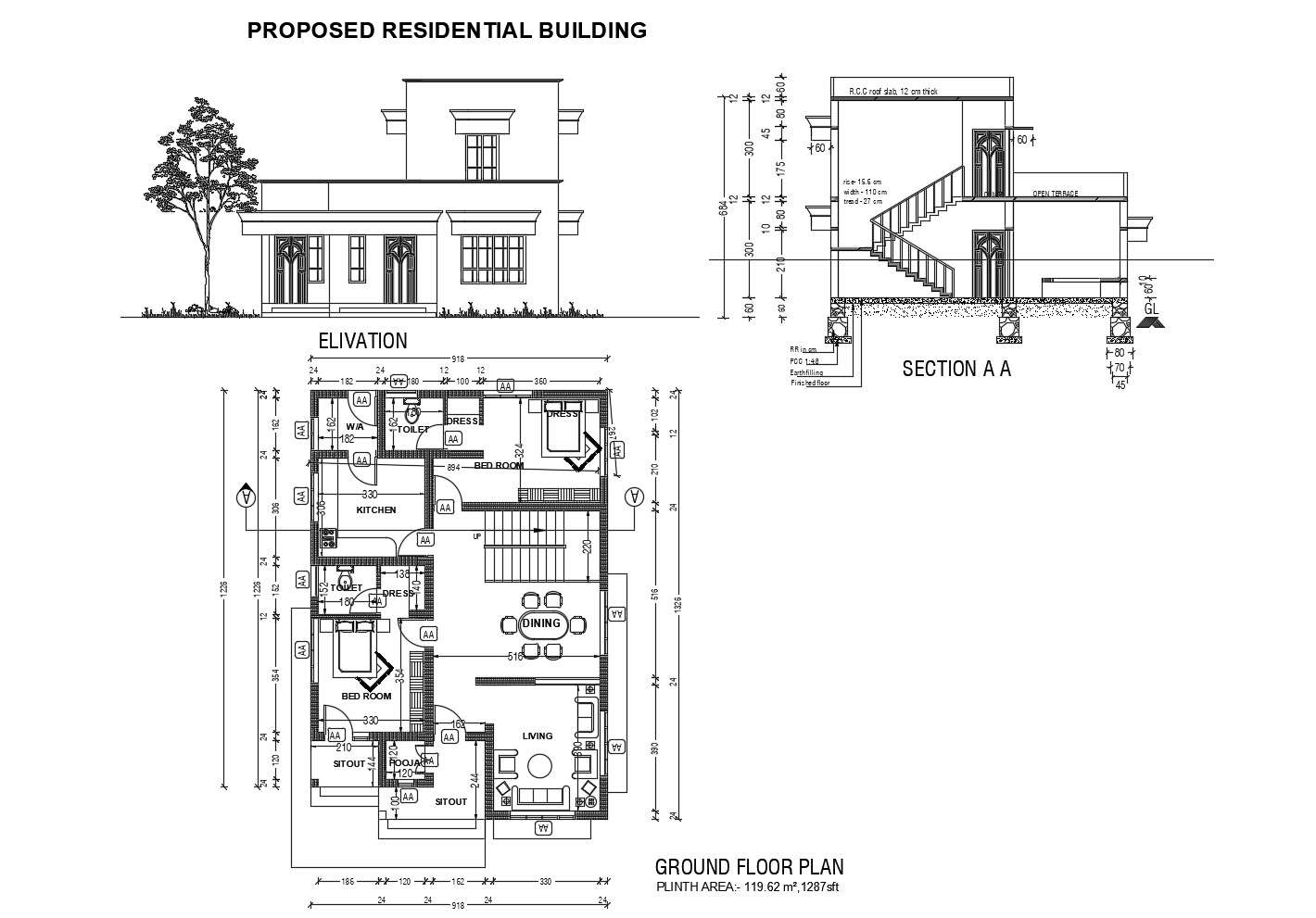Unveiling the Essence of Residential Home Design Plans: A Comprehensive Guide to Creating Your Dream Home
.jpg)
Introduction
The allure of owning a home that perfectly aligns with your aspirations and lifestyle is a dream shared by many. Residential home design plans serve as the blueprint for transforming this vision into a tangible reality. These meticulously crafted plans provide a roadmap for every aspect of your home’s construction, ensuring that your abode not only meets your functional needs but also embodies your unique aesthetic sensibilities.
In this comprehensive guide, we will delve into the intricacies of residential home design plans, exploring their key features, benefits, and the advantages they offer over traditional home-building approaches. We will also provide valuable insights into the considerations you should make when selecting a plan that aligns with your specific requirements and aspirations.
Key Features of Residential Home Design Plans
-
Comprehensive Documentation: Residential home design plans provide detailed blueprints, floor plans, elevations, and sections that meticulously outline every aspect of your home’s design. These documents serve as a comprehensive guide for contractors and builders, ensuring that your vision is accurately realized.
-
Customizable Options: Most residential home design plans offer a range of customizable options, allowing you to tailor the design to your specific needs and preferences. From adjusting room sizes and layouts to incorporating unique architectural features, these plans provide the flexibility to create a home that is truly your own.
-
Energy Efficiency Considerations: Many residential home design plans incorporate energy-efficient features, such as proper insulation, energy-efficient appliances, and sustainable building materials. These features can significantly reduce your energy consumption and lower your monthly utility bills.
-
Structural Integrity: Residential home design plans are meticulously engineered to ensure the structural integrity and safety of your home. They undergo rigorous inspections and meet all applicable building codes, providing peace of mind that your home is built to last.

Benefits of Using Residential Home Design Plans
-
Cost Savings: By utilizing a pre-designed plan, you can save significant costs compared to custom home design services. The plans are typically priced affordably, and they eliminate the need for additional design fees.
-
Time Savings: Residential home design plans can significantly reduce the time it takes to build your home. With a pre-determined design, the construction process can proceed more efficiently, allowing you to move into your new home sooner.
-
Professional Expertise: Residential home design plans are created by experienced architects and designers who have a deep understanding of building codes and construction best practices. Their expertise ensures that your home is not only aesthetically pleasing but also structurally sound.
-
Increased Resale Value: A well-designed home is more likely to appreciate in value over time. Residential home design plans can enhance the overall appeal and desirability of your property, making it more attractive to potential buyers.

Advantages of Residential Home Design Plans over Traditional Approaches
-
Reduced Risk: Traditional home design approaches often involve working with an architect to create a custom design, which can be a time-consuming and expensive process. Residential home design plans offer a pre-designed solution that minimizes the risk of costly mistakes or delays.
-
Predictable Costs: With residential home design plans, you have a clear understanding of the costs involved in building your home. This eliminates the uncertainty associated with custom design, allowing you to budget more effectively.
-
Faster Construction: As mentioned earlier, residential home design plans can significantly reduce the construction time. This allows you to move into your new home sooner and start enjoying your dream space.
Considerations for Selecting a Residential Home Design Plan
-
Lifestyle and Needs: The first step in selecting a residential home design plan is to carefully consider your lifestyle and needs. Determine the number of bedrooms, bathrooms, and living spaces you require, as well as any specific features that are important to you.
-
Lot Size and Orientation: The size and orientation of your building lot will influence the type of home design plan you can choose. Consider the available space, as well as the sun’s path and prevailing winds, to ensure that your home is optimally positioned.
-
Budget: Establish a realistic budget for your home construction project. This will help you narrow down your choices to plans that are within your financial means.
-
Architectural Style: Choose a home design plan that aligns with your desired architectural style. From traditional to modern, there is a wide range of styles to choose from that can complement your personal taste and the surrounding neighborhood.
Advantages and Disadvantages of Residential Home Design Plans
Advantages:
-
Cost-effective: Residential home design plans are typically more affordable than custom design services, as they eliminate the need for additional design fees.
-
Time-saving: Pre-designed plans can significantly reduce the time it takes to build your home, allowing you to move in sooner.
-
Professional expertise: Residential home design plans are created by experienced architects and designers, ensuring that your home is structurally sound and aesthetically pleasing.
-
Increased resale value: A well-designed home is more likely to appreciate in value over time, making residential home design plans a wise investment.
Disadvantages:
-
Limited customization: While some plans offer customizable options, they may not be as flexible as custom design services.
-
Potential for design limitations: Pre-designed plans may not fully accommodate your specific needs or preferences, which could lead to compromises in the final design.
-
Lack of originality: Residential home design plans are not unique, meaning that your home may not be as distinctive as a custom-designed home.
Summary of Residential Home Design Plans
Residential home design plans provide a comprehensive roadmap for building your dream home. They offer a range of benefits, including cost savings, time savings, professional expertise, and increased resale value. By carefully considering your lifestyle, needs, and budget, you can select a plan that aligns with your aspirations and creates a home that is both functional and aesthetically pleasing.
Q&A
- What is the difference between a residential home design plan and a custom home design?
A residential home design plan is a pre-designed blueprint for building a home, while a custom home design is created specifically for your individual needs and preferences.
- How much do residential home design plans cost?
The cost of residential home design plans varies depending on the size and complexity of the plan. However, they are typically more affordable than custom design services.
- Can I make changes to a residential home design plan?
Most residential home design plans offer some degree of customization. However, the extent to which you can make changes will depend on the specific plan you choose.
- How long does it take to build a home using a residential home design plan?
The construction time for a home built using a residential home design plan will vary depending on the size and complexity of the plan, as well as the availability of contractors and materials.
- What are the advantages of using a residential home design plan?
The advantages of using a residential home design plan include cost savings, time savings, professional expertise, and increased resale value.
- What are the disadvantages of using a residential home design plan?
The disadvantages of using a residential home design plan include limited customization, potential for design limitations, and lack of originality.
Conclusion
Residential home design plans offer a valuable solution for individuals and families who are looking to build their dream home. By providing a comprehensive blueprint for construction, these plans can save you time, money, and hassle. Whether you are a first-time homebuyer or an experienced builder, a residential home design plan can help you create a home that perfectly aligns with your needs and aspirations.
Closing Statement
The decision to build a home is a significant one, and choosing the right residential home design plan is an essential part of the process. By carefully considering the factors discussed in this guide, you can select a plan that will help you create a home that is not only beautiful but also functional, comfortable, and a reflection of your unique style.
